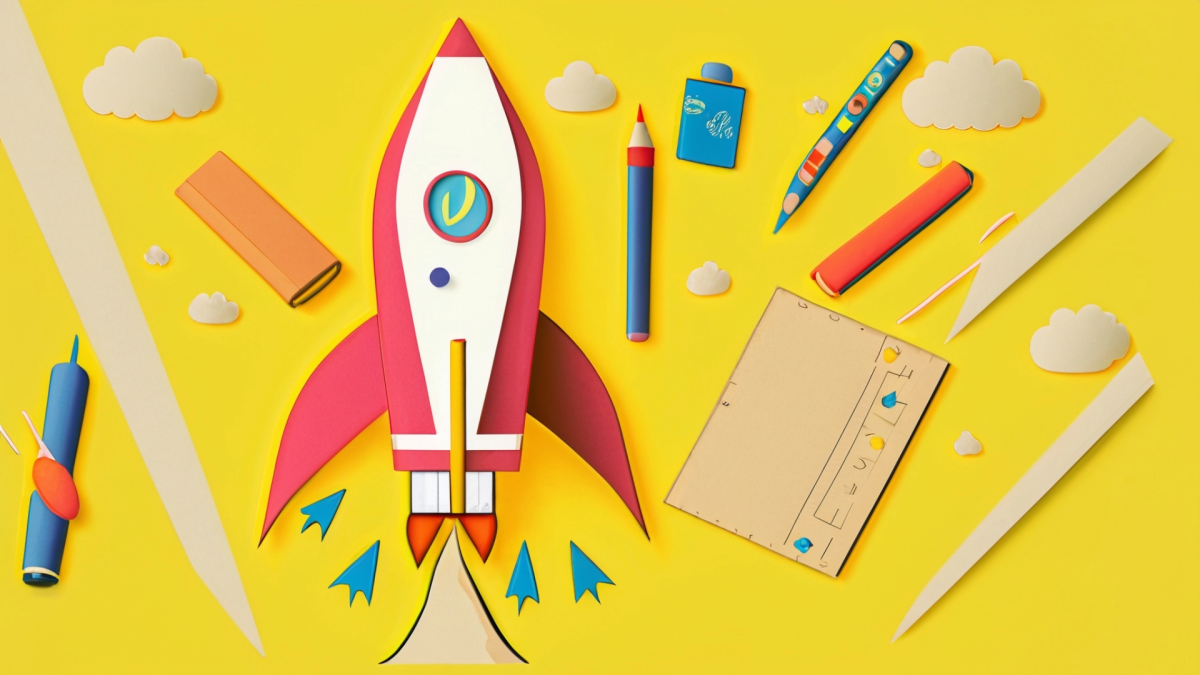Grades:
9th Grade
This lesson plan includes a lab that can be done to understand cell membrane properties.
Grades:
6th Grade
This lesson is a four day unit lesson that highlights the understanding of the climate, geography, trends in the change of temperature, and the related changes in precipitation in the state. This
Grades:
3rd Grade
Students will design and engineer a 3D AZ State Seal. Students will integrate social studies standards into STEM.
Grades:
3rd Grade
Students will design and engineer an Arizona-themed board game. Students will go through an engineering design process and researching phase.
Grades:
4th Grade
In this hands-on lesson, students work collaboratively in groups to design models to represent the relative positions of the Earth, Sun, and Moon as they relate to each of the 8 phases of the moon
Grades:
4th Grade
This is a lesson that allows students to investigate sound waves moving from one place to another. By using simple materials, students can have significant influence on large-scale variables of
Grades:
9th Grade, 10th Grade, 11th Grade, 12th Grade
This is a 6 week lesson plan for high school students designed to measure and then increase the bat population in the field behind our school. This can be used in any area where bats populate, as long
Grades:
3rd Grade
Continue the exploration of fungi and harvest the grown mushrooms in the classroom, build a model of a chosen mushroom type, taste test and record observations of harvested mushrooms and apply the
Grades:
3rd Grade
Explore the world of fungi by exposing students to how mushrooms grow, the differences between plants and fungi, growing mushroom examples in the classroom, dissecting various mushroom samples and
Grades:
9th Grade, 10th Grade, 11th Grade
This is a week- long set of lessons building on the structure and function of skin. The first few days will have students using technology to complete research. Students will also explore the
Grades:
10th Grade
In this lesson, students will engage in argument from evidence to determine the feasibility of the use of an energy resource. Students will research an energy resource and answer a set of
Grades:
4th Grade, 5th Grade
In this lesson plan, students will explore the fascinating world of magnetism. Students will learn about different types of magnets and how they work. Additionally, we will delve into the concept of
Grades:
3rd Grade, 4th Grade, 5th Grade
This lesson is a great introduction for space exploration units. This plan goes over the history of rockets, how they work, and how modern rockets help us explore the solar system. There are 2 hands
Grades:
2nd Grade
Students will learn about the adaptation of camouflage through picture books and research. They will then learn about animals specific to the area. (In this lesson, we are using the Bill Williams
Grades:
6th Grade, 7th Grade, 8th Grade
For this lesson, students will be using the LEGO Spike Prime Kits and LEGO Mindstorm software. Students will writing programs using the Color Sensor to make the Driving Base autonomous.
Grades:
1st Grade, 2nd Grade, 3rd Grade
We begin with the observation of a phenomenon - the spinning pioneer button. Students make their own spinning pioneer button and experiment with different lengths of string. With teacher input and
Grades:
7th Grade, 8th Grade, 9th Grade, 10th Grade, 11th Grade, 12th Grade
Want to incorporate the Arts into your 7-12 STEM classroom? The Global Science Opera provides a way to do just that! Learn how to facilitate a STEAM collaboration with arts teachers to make it happen.
Grades:
4th Grade, 6th Grade
This project consists of the final part of a four-part unit for 4th and 6th-grade students exploring Arizona's science standards. Students will study how living things compete for energy and resources
Grades:
4th Grade, 6th Grade
This project is the third of four parts involving 4th—and 6th-grade students exploring Arizona's science standards. Students will learn about how human activities impact the environment, competition
Grades:
4th Grade
Students will conduct research about different types of severe weather and how to prepare for it, then share their research with classmates via slideshow presentations.
Grades:
10th Grade, 11th Grade, 12th Grade
This is part 2 of a two-part series. This lesson looks deeper into early electronic encryption tools and how they relate to cryptography today. The tools discussed are: Hebern Rotor Machine, Enigma
Grades:
4th Grade
This 4th grade STEAM lesson focuses on introducing students to Earth's four systems: Hydrosphere, Geosphere, Atmosphere, and Biosphere (excluding the Lithosphere). Students will learn about the Greek
Grades:
5th Grade
Biologists have noticed that the saguaro mortality rates have increased in Central and Southern Arizona. They don’t know why - but they have some ideas. In this unit, students will learn more about
Grades:
5th Grade
Biologists have noticed that the saguaro mortality rates have increased in Central and Southern Arizona. They don’t know why - but they have some ideas. In this unit, students will learn more about
Featured Lesson Plans
Check out these notable lesson plans.

Featured
Space Case Chapters 1-7
Grades:
3rd Grade, 4th Grade, 5th Grade
This is the 2nd set of 4 lesson plans that correlate with the novel "Space Case" by Stuart Gibbs. This is a literature-inspired project base learning opportunity. The lessons include straw rockets

Grades:
5th Grade
In this four-day lesson, students will be assigned a specific pollinator. They will research the pollinator and the plants which it pollinates. Then, they will create a puppet and props to model the

Grades:
4th Grade
After completing a unit on weather, students will be challenged to research, design, construct and attach a snow plow to their Edison robot. Then they will create a scratch code that will navigate
